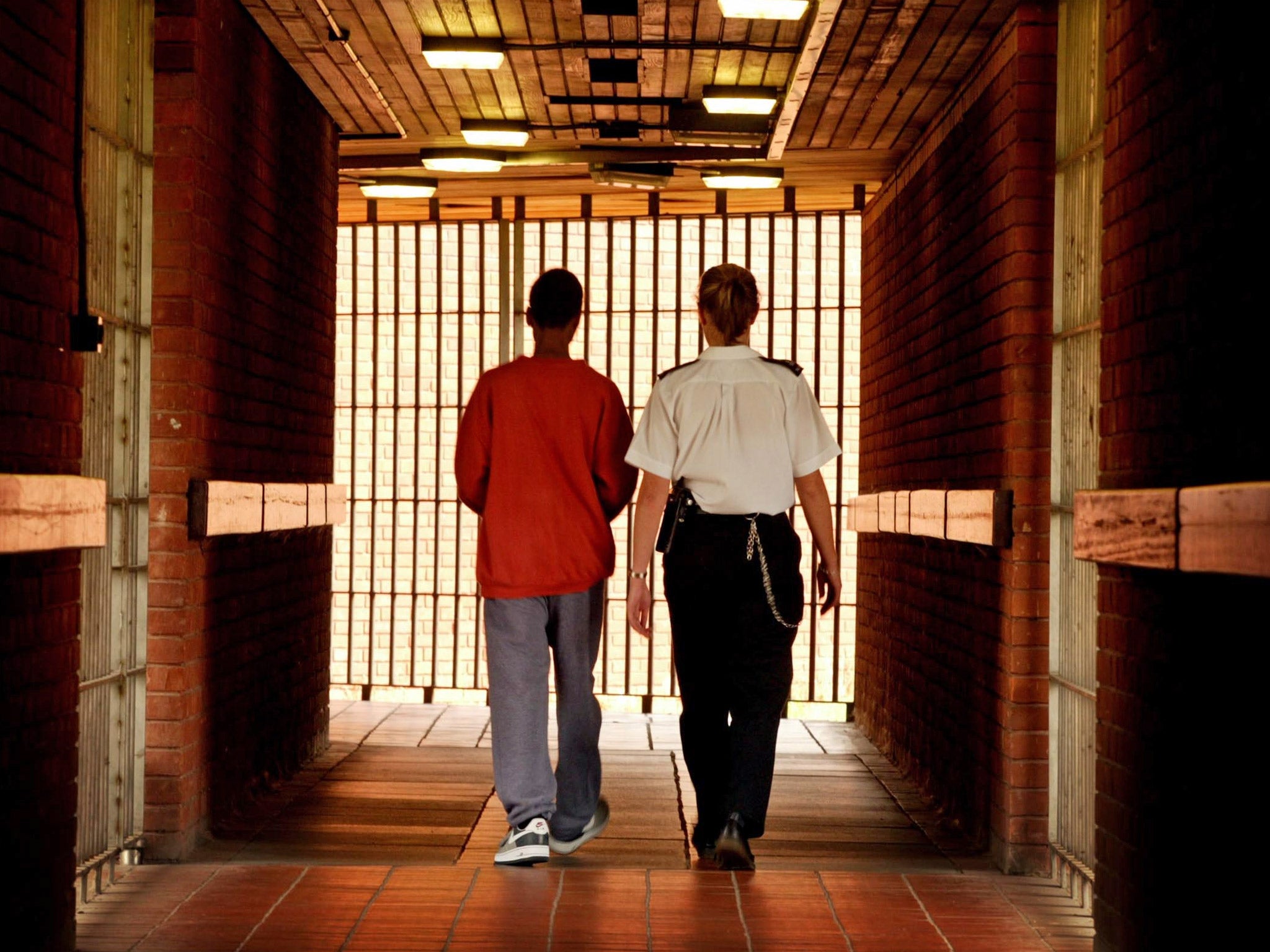The prison system is poisonous, not just the facilities
Proposals for a new super-prison are unlikely to extract the venom

Your support helps us to tell the story
From reproductive rights to climate change to Big Tech, The Independent is on the ground when the story is developing. Whether it's investigating the financials of Elon Musk's pro-Trump PAC or producing our latest documentary, 'The A Word', which shines a light on the American women fighting for reproductive rights, we know how important it is to parse out the facts from the messaging.
At such a critical moment in US history, we need reporters on the ground. Your donation allows us to keep sending journalists to speak to both sides of the story.
The Independent is trusted by Americans across the entire political spectrum. And unlike many other quality news outlets, we choose not to lock Americans out of our reporting and analysis with paywalls. We believe quality journalism should be available to everyone, paid for by those who can afford it.
Your support makes all the difference.Perhaps Feltham’s appalling recent inspection report was the straw that broke the camel’s back – but if so, it is a mighty resilient camel. Feltham has had a bad reputation for decades; the limited progress that had been noted since the nadir of Zahid Mubarek’s murder in 2000 has never been enough to win it a clean bill of health.
When I reported on Feltham recently, nearly everyone I spoke to had drawn the same conclusion: the prison’s toxic culture is just too deeply embedded to change. The problems, said the former Director General of the prison service Sir Martin Narey, are “in the walls” of the place.
Chris Grayling seems to agree. Feltham’s closure, a senior Whitehall source said today, would be a way to “wipe the slate clean”. But while the plans seem sensible, what they do not do is provide any reassurance that the alternative – for inmates at Feltham or at the four adult prisons which are due to be closed – will be any better.
While Feltham is a particularly fraught institution, many of its problems are to do with a paucity of resources. There are not enough work or education opportunities to keep prisoners busy, and the ratio of officers to inmates is so poor that a single member of staff’s absence can mean that prisoners lose a precious hour’s “association” outside of their cell. In such circumstances it is hardly surprising that the young, highly combustible men held there are so liable to reoffend when they get out – nor that officers will joke that they will keep their beds warm.
Nor is it clear that proposals for a new super-prison will do anything to reduce pressure on numbers. The prison population has doubled in 20 years with no corresponding effect on crime rates, the Howard League points out, and new prisons are among the most overcrowded. Whatever the consequences of today’s announcement, the only long-term solution is to lock up fewer people in the first place. Feltham’s local culture might be poisonous – but the character of the system as a whole is hardly any better.
Join our commenting forum
Join thought-provoking conversations, follow other Independent readers and see their replies
Comments